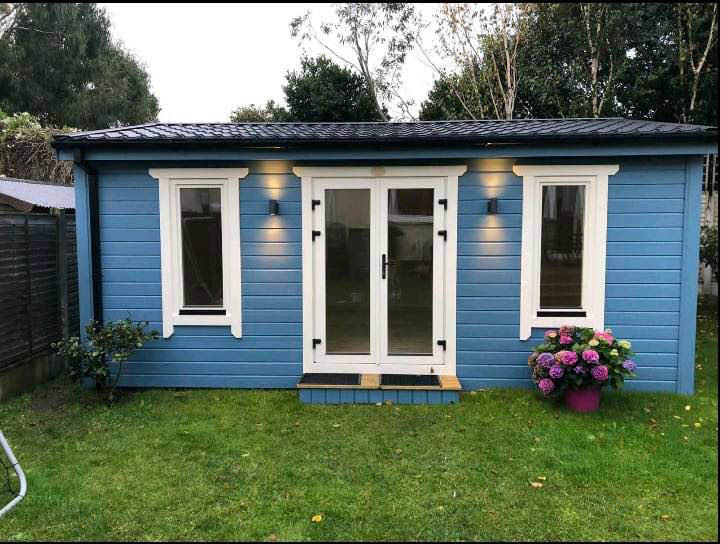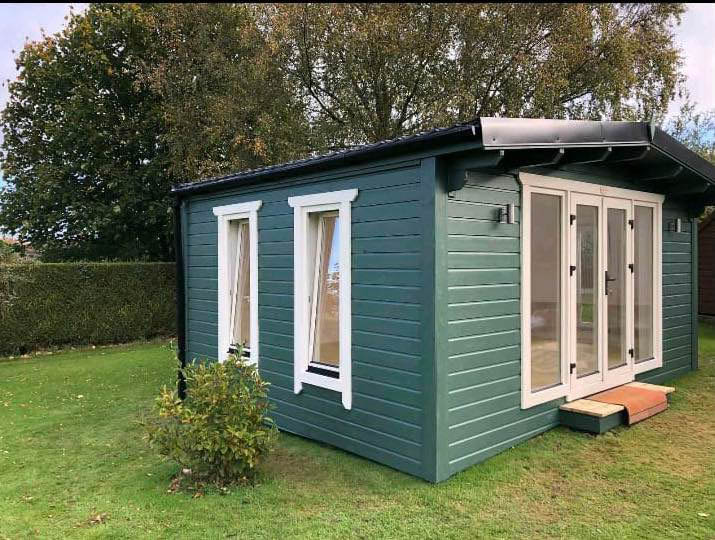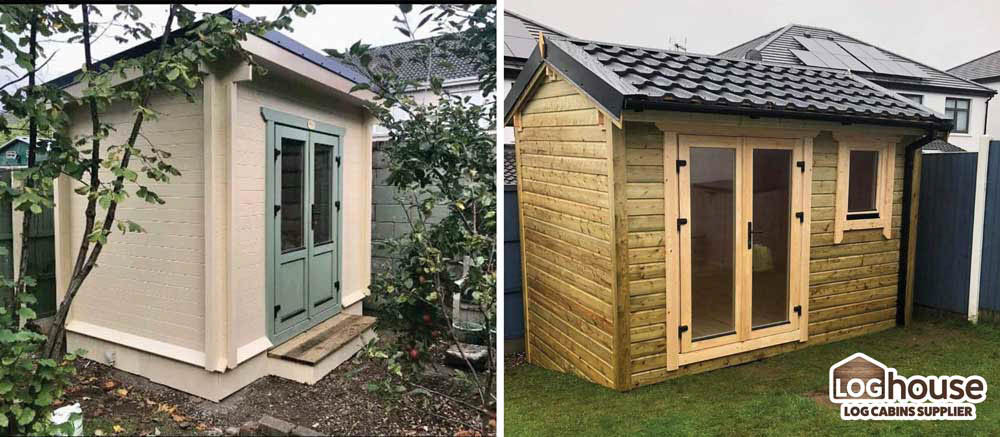Shedworking – Over the last few years, many people have become more accustomed to the idea of working outside of the office. Where it was once seen as a recipe for disaster with deadlines being missed and work forgotten about, working at home is now acknowledged as a great way of getting the job done.
Shedworking is a type of working from home but doesn’t involve building sheds – and doesn’t even have to be done in a shed! Read on to find out more about shedworking.
What is Shedworking?
The term shedworking is a new word that has been coined to describe the act of working outside of one’s usual workspace. Most often, shedworking refers to freelancers who are able to work outside of an office because they have their own office space at home. Shedworkers have historically typically been self-employed and enjoy the benefits of setting their own hours and priorities while still having access to the equipment needed for their job. However, this is changing rapidly, and almost anyone can become a shedworker.
The number of shedworkers is on the rise as technology allows for an increasing number of people to work from home or remotely. Many workers now have the option to work from home in a Garden Log Cabin, and the number of shedworkers is predicted to grow. Shedworkers often find that they are more productive when working from home and that they enjoy a better work-life balance than those who work in an office setting.
The Benefits of Shedworking
Shedworking can offer flexibility and freedom not often found in typical 9-5 jobs that must be completed in an office.
One of the most significant ways shedworking can help you is by allowing you to work at your own pace, meaning no more rushing through projects so that you can get the work done and leave early. Shedworkers can set their own schedules, priority lists, and even deadlines, which can lead to a more stress-free working environment.
Shedworking also gives you the freedom to spend less time with enforced socialising with colleagues during work hours. This leads to more efficient working and less time spent on office gossip! You can still make a purposeful video or phone call, which means shedworkers can spend as much or as little time as they like socialising with their peers.
Because shedworking allows for flexibility in when you start and end your day, it is also helpful to shedworkers that shedworking can lead to a more balanced lifestyle and less work-related stress. Shedworking allows shedworkers more time for family, friends, and even hobbies, leaving them feeling less stressed and more relaxed.
Shedworking can also lead to a better work-life balance because shedworkers are not chained to their desks from 9-5. This means they are able to take breaks from the “shoffice” when they need them, whether that is to run an errand or take the dog for a walk.
Shedworking has many benefits for the planet too. Shedworkers are not contributing to the pollution that an office building can create with hundreds of lights and constantly running equipment. There is no need to commute as your eco-garden room home office is just a few steps away from your home, so any pollution generated by cars, buses, or other forms of transport is reduced. Simply put, shedworkers who work from home use less energy than those who work in an office setting.
All in all, shedworking is an excellent option for those who want more flexibility and freedom in their work. Shedworking makes for a more balanced lifestyle and can be great for the planet too.

11A Moncrieffe Rd, Chapelhall, ML6 8FS, United Kingdom, Phone: 03309120420 | Website: www.loghousecabins.co.uk | Driving directions
Are There Disadvantages to Shedworking?
If you are thinking of shedworking, there are a few things to consider. Shedworking can be great, but shedworkers do not always find it easy to stay on top of deadlines. Distractions such as family, pets, household chores, and even hobbies can suddenly look much more appealing than actually getting the work done!
The biggest drawback is often a lack of motivation and discipline that allows these distractions to get a foothold. When you don’t have an office manager or boss pressuring you to complete assignments on time, it’s easy just to do your own thing. Although shedworking can be very rewarding and enjoyable, it is also important to remember that shedworking should not replace traditional working conditions. As the name suggests, a “shed” needs to be the place where you work.
For some, this shed is a literal shed. For others, it’s a room or dedicated spot in your home to work from. What works best for self-motivation and discipline is to have a separate building – a log cabin or shed – that you can complete your work tasks within.
It’s a matter of psychology. If your brain assumes you are “at home”, you’ll be tempted to do the “at home” tasks. When your brain sees you are at a specific location that is associated with work, it engages “work mode”, and it is much easier to get on with the tasks that need completing.

Is a Log Cabin Suitable?
Using a log cabin for your shedworking lifestyle is a great option. Not only do they come in a variety of sizes, but they are also very sturdy and provide an excellent separate space for you to get your work done.
Choosing high-quality log cabins for shedworking is the best option if you want the right amount of space with an attractive interior and exterior. You could make do with a shed, but it will be cold in winter, prone to leaks, and tiny. A shedworking log cabin can provide an office without the high cost of rent or mortgage, and best of all, you can customise it to your exact needs.
Shedworking can be an excellent option for your work situation if you need or want to work from home, but you’re worried about keeping your work and home life separate. A log cabin provides the perfect shedworking solution – isn’t it time you joined the shedworking revolution?
Garden Office Scotland – Did you know that a garden room can boost your productivity when working from home?

